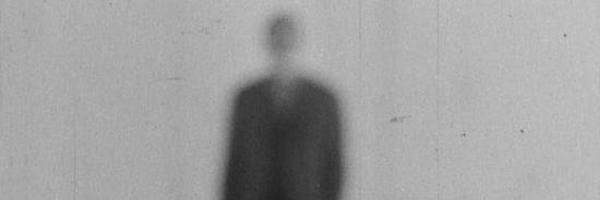about
blog
current
2015
2014
2013
2012
2011
umberto bellardi ricci
susan shu chai
kleopatra chelmi
brian cheng
calvin chua
georgios eftaxiopoulos
saif lassas
tji young lee
lola lozano
taneli mansikkamaki
jerome tsui
tijn van de wijdeven
2010
This year the initial hypothesis of the unit was concerned with the merging of living and working within a ‘hybrid’ urban space. We have studied this phenomenon as the social and economic transformations of labour rather than viewing it sociologically or celebrating it as the advent of a ‘liquid society’. The unit turns to the generic, which refers to an undifferentiated common quality, prior to the individual, that is the fundamental spatial, formal and even existential attribute of the condition of labour. The politics of labour, its struggles and its organisation in relation to city-form is the crux of the unit’s research.
Throughout the year the projects have addressed architectural form in its ability to construct and represent the idea of common space. As a result the unit has focused on issues of architectural form, composition, syntax and materiality. The qualities of the resulting designs have emerged out of the sharpness of the argument, the immediacy of representation – projects expressed with few drawings – and the conviction of the idea. Only by engaging with form in its deepest, most elemental condition is it possible to trace architecture’s political motivation.
